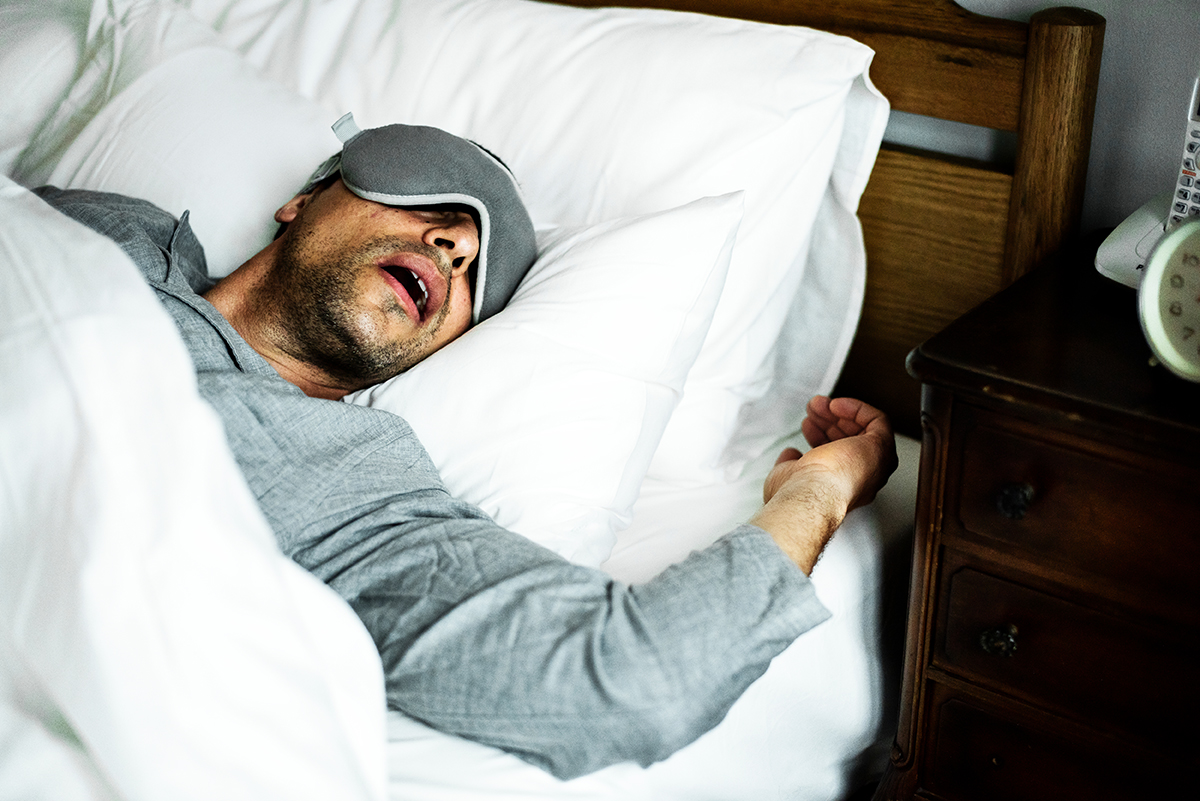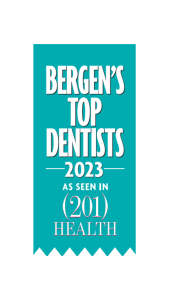In the quiet hours between dusk and dawn, as the world retreats into slumber, some individuals find their rest disrupted by a silent intruder – sleep apnea. This common sleep disorder, characterized by pauses in breathing during sleep, often goes undetected, impacting both physical and mental well-being. Untreated sleep apnea can lead to heart, kidney, and metabolic health complications. Difficulty sleeping leaves people to find their own remedies. Oftentimes, the usual sleep remedies like melatonin and white noise do not solve this disorder.
Feeling tired after a full night’s sleep may not seem like a cause for concern, but sleep apnea is more common than many think. According to the National Council on Aging, approximately 39 million U.S. adults have obstructive sleep apnea. Continue reading to learn about the symptoms of this disorder and the various methods doctors use for diagnosis.
Identifying Sleep Apnea Risk Factors & Symptoms
To begin, concerned patients should understand the risk factors and symptoms behind the disorder. Within sleep apnea, people will fall under one of two types: obstructive sleep apnea and central sleep apnea. During sleep, obstructive sleep apnea happens when throat muscles relax and obstruct the airflow to the lungs. In contrast, central sleep apnea occurs when the brain fails to send correct signals to the muscles responsible for breathing.
Substantial overlap exists between the symptoms of obstructive and central sleep apnea, which makes differentiating them difficult. Some of the most common symptoms of these sleep apnea types consist of:
- Loud snoring
- Episodes in which you stop breathing during sleep — which would be reported by another person.
- Gasping for air during sleep
- Awakening with a dry mouth
- Morning headache
- Difficulty staying asleep, known as insomnia.
- Excessive daytime sleepiness, known as hypersomnia.
- Difficulty paying attention while awake.
- Irritability
Additionally, the risk factors for sleep apnea differ depending on the type. If you are male, smoke, have a family history, or have medical conditions such as cognitive heart disease or type two diabetes, you may be at risk for obstructive sleep apnea. As for central sleep apnea, some risk factors consist of a history of stroke, being male, and use of narcotic pain medications.
Discovering Sleep Evaluation
Sleep disorder centers allow patients to undergo a sleep evaluation, which remains necessary to diagnose sleep apnea. There, a sleep specialist can help you determine your need for further evaluation.
Sleep testing evaluations typically include overnight monitoring of your breathing and other body functions at a sleep center. There are two types of sleep tests, Nocturnal Polysomnography and Home Sleep Tests. It is crucial to distinguish between these two tests as they vary depending on the severity of the condition.
- Nocturnal Polysomnography: During this test, you are hooked up to equipment that monitors your heart, lung, and brain activity, breathing patterns, arm and leg movements, and blood oxygen levels while you sleep.
- Home Sleep Tests: These tests are ordered if the healthcare professional suspects a less severe disorder. They usually measure heart rate, blood oxygen level, airflow, and breathing patterns.
Keeping a Sleep Diary to Track Sleep Apnea
Maintaining a sleep log is often used to diagnose sleep apnea, providing doctors with insight into the patient’s sleep-related symptoms. Recording sleep patterns over a period of 1-2 weeks can uncover the habits and elements that disrupt quality sleep. Doctors usually recommend this strategy for low-risk patients who are not as susceptible to sleep apnea. In this diary, you may answer questions, such as:
- “What time did you get into bed?”
- “How long did it take you to fall asleep?”
- “How many times did you wake up?”
- “How long did you stay awake each time?”
Fill out your diary every single day, at most an hour after you wake up for the best results.
Diagnosing Sleep Apnea at Chestnut Ridge Dental
Working to get back on track to a perfect night’s rest is closer than you might think. Sleep impacts many distinct aspects of our lives and keeps us healthy. If you feel that you may have sleep apnea, take charge, and speak with a healthcare professional as soon as possible. This disorder can be dangerous to your health, and time is of the essence. Reach out to the trustworthy professionals at Chestnut Ridge Dental today. Dial (201) 391-4466 to schedule a consult today!





